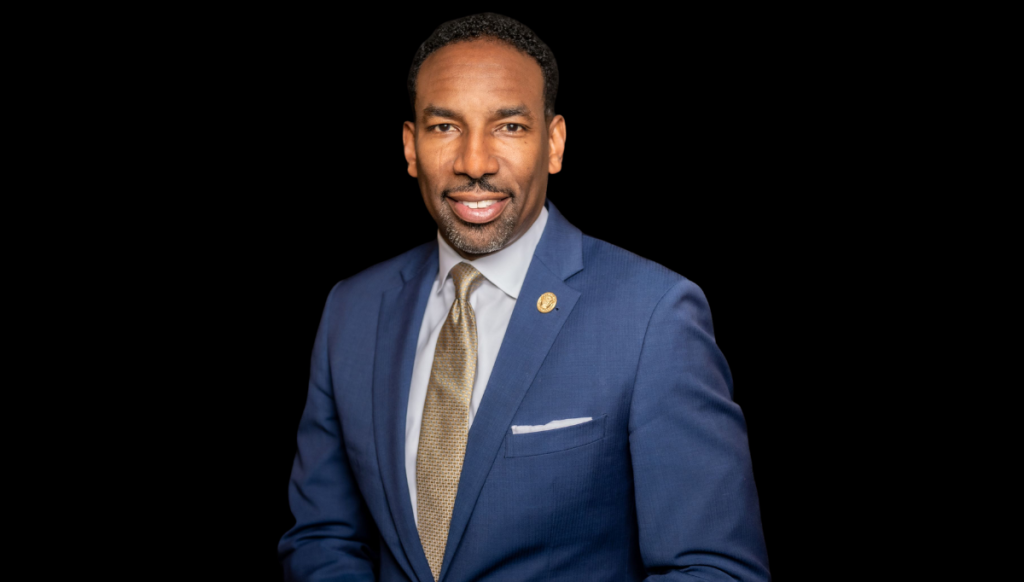Atlanta is gearing up for one of its most ambitious community investment strategies yet. On Tuesday, Mayor Andre Dickens announced the launch of the Neighborhood Reinvestment Initiative, a $5.1 billion plan focused on revitalizing long-neglected areas in south and west Atlanta.
The plan aims to funnel resources into affordable housing, public safety, health and wellness, public spaces, and infrastructure, with Dickens emphasizing that the future of the city is tied to the well-being of its youngest residents.
“When a child thrives in Atlanta – Atlanta thrives,” he said.
The plan calls for extending existing TADs, funds generated from future increases in property tax revenues, beyond their current expiration dates, some of which fall within the next decade. By pushing their life spans to 2050, the city projects billions in new funding streams that can be directly reinvested into targeted neighborhoods.
Specific areas identified in the plan include Perry Bolton, Hollowell/MLK, Eastside, Westside, Stadium, Campbellton, Metropolitan, and Beltline TADs.
These corridors, officials say, have long suffered from a lack of investment and access to vital resources.
“We will build parks, trails, and greenspaces. We’re going to increase access to transit. We’re going to make sure that we have enough high quality and reliable infrastructure,” said Courtney English, the city’s Chief of Staff and lead on the initiative. “We’re going to build affordable housing, grocery stores, and childhood education centers in these specific neighborhoods.”
The announcement comes on the heels of another effort to support local growth: Atlanta Beltline Inc.’s new Local Developer Incentive Fund, which offers grants of $150,000 to $500,000 to developers who commit to below-market rents for small businesses.
As the plan moves forward, city leaders will begin mapping specific projects to funding streams, with a focus on making visible improvements in the quality of life for residents. Dickens has framed the initiative as not only a matter of equity but also as essential to Atlanta’s long-term vitality.
By targeting communities that have “been left behind due to decades of neglect,” he said, the Neighborhood Reinvestment Initiative aims to build a stronger, more inclusive Atlanta for generations to come.




